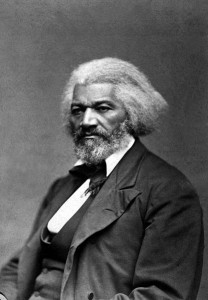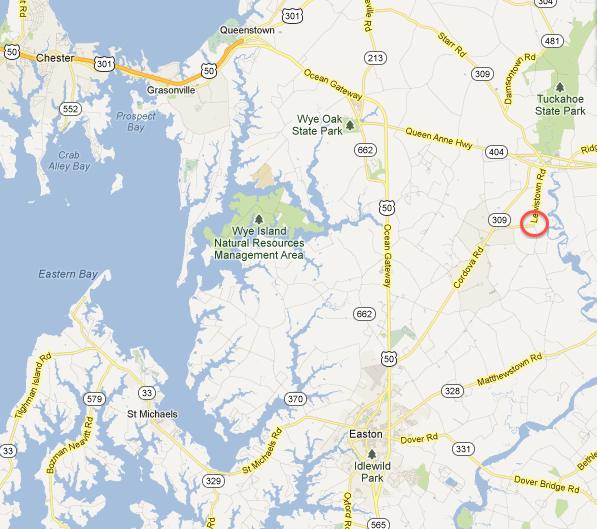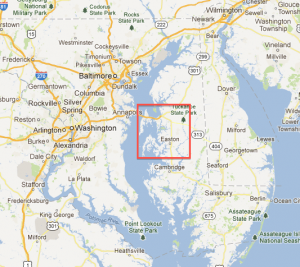Mini-Federalist #21 – Other Defects of the Present Confederation
This is a continuation of a series of posts that are intended to be shorter, more understandable versions of the Federalist Papers. This post deals with Federalist #21, the original text of which can be read here: http://thomas.loc.gov/home/histdox/fed_21.html
Originally published December 12, 1787 by “Publius” – who was in this case, Alexander Hamilton.
I spent the last three articles discussing the specifics of some other historical confederate governments (including what happened to them). Now I’d like to talk about some of the defects in our own system. If we’re ever going to come up with proper meaningful solutions, we have to agree on what the problems are.
For one thing, the laws of our central government don’t have any weight to them. There is no explicit constitutional mechanism to enforce them nor power to dish out any kind of punishment for ignoring them. Even if we assume that the power exists, the Articles of Confederation lay out: “that each State shall retain every power, jurisdiction, and right not expressly delegated to the United States in Congress assembled.” So, we feel like we need this power, but we’d have to make it up (since it isn’t explicitly given) and the central government is only allowed to have powers that are explicitly given, so making it up is against the Articles (as our opponents point out). This puts our federal government in the rather unenviable position of making essentially meaningless laws.
Another problem is that there is no assurance in the Articles that the States will follow the laws. Even if we assume that it’s implied, doesn’t that go against the provision I stated above, too?
The bigger of these problems is the lack of a federal enforcement mechanism.
If there is no legal agreement for the States to follow the federal laws, then the federal government won’t have the ability to step in and help in the case of domestic trouble. What if tyrannical forces seized power in one or more States – what could the central government legally do? Little more than sadly observe. And this isn’t just theoretical – look at what just happened in Massachusetts. Can you imagine what would have happened if those rebels had better leadership? And this isn’t just a local problem – a tyrannical government in one State may very well cause problems for its neighbors.
Some people object to the idea of a guarantee because they feel that it would lead to an erosion of the States’ rightful power. These people misunderstand, and this objection keeps us from enjoying the primary benefit of having a Union in the first place. It wouldn’t prohibit the States from changing their own Constitutions legally, just if those changes happen violently – and we can’t have enough protections against that. Not only would this mechanism protect us against rebels, but leaders-turned-tyrants, too.
Still another problem is the issue of revenue. The system where the States provide funds on a quota basis has a fundamental flaw. There is no way that such a system can reliably provide for the federal government’s needs – we know this. I’d also argue that it is unfair to the States – we don’t have a way of accurately measuring who can afford what amount. We can’t go by amount of land, or amount of population, or even by value of land. What is the wealth of the Netherlands when compared to Russia, for example? In our own States, compare Pennsylvania with Connecticut – do land mass or population easily map to comparative wealth for them? The same problem applies to the counties within the States, too.
There are far too many variables that contribute to a State’s wealth: soil, climate, government, ingenuity of the people, education, trade, industries in the State, and many more. Since there are so many varied factors, we can’t possibly have one common measurement for the wealth of a State, and therefore no measure for how much they can afford to pay the federal government in taxes. Trying to create one will only create injustice among the States.
This fact alone will eventually lead to a dissolution of the Union. The States that are unfairly taxed will not simply sit around and take it. Under a quota system, this is impossible to avoid.
The only way to correct this is to allow the federal government to collect its own taxes, duties, and imposts. Such consumption taxes placed on certain specific items, payable by individuals, are the only fair revenue-generating measures. Each person (through his own buying habits) essentially decides how much he pays in taxes. This is as fair a system as we can possibly hope to make. Even if it isn’t totally fair, it would still be better than the current quota system.
Of course, the greatest thing about a consumption tax is that it will limit itself. If the tax is too high, the price of the taxed goods will be too high and no one will buy them, thus defeating the revenue-generating purpose. This simple fact will keep the taxes fairly low. It would be impossible for the people to be oppressed by these kinds of taxes.
These indirect taxes should be the main source of revenue for our government for the foreseeable future. Direct taxes (like property taxes) are easier to apportion – you can go either by population (which is simpler to figure out and thus preferred), or land value (which in a large, growing country like ours, is extremely difficult – and expensive – to calculate). Either way, we should have a definite rule for how these taxes are to be collected, otherwise the power of the government’s discretion may be abused.



